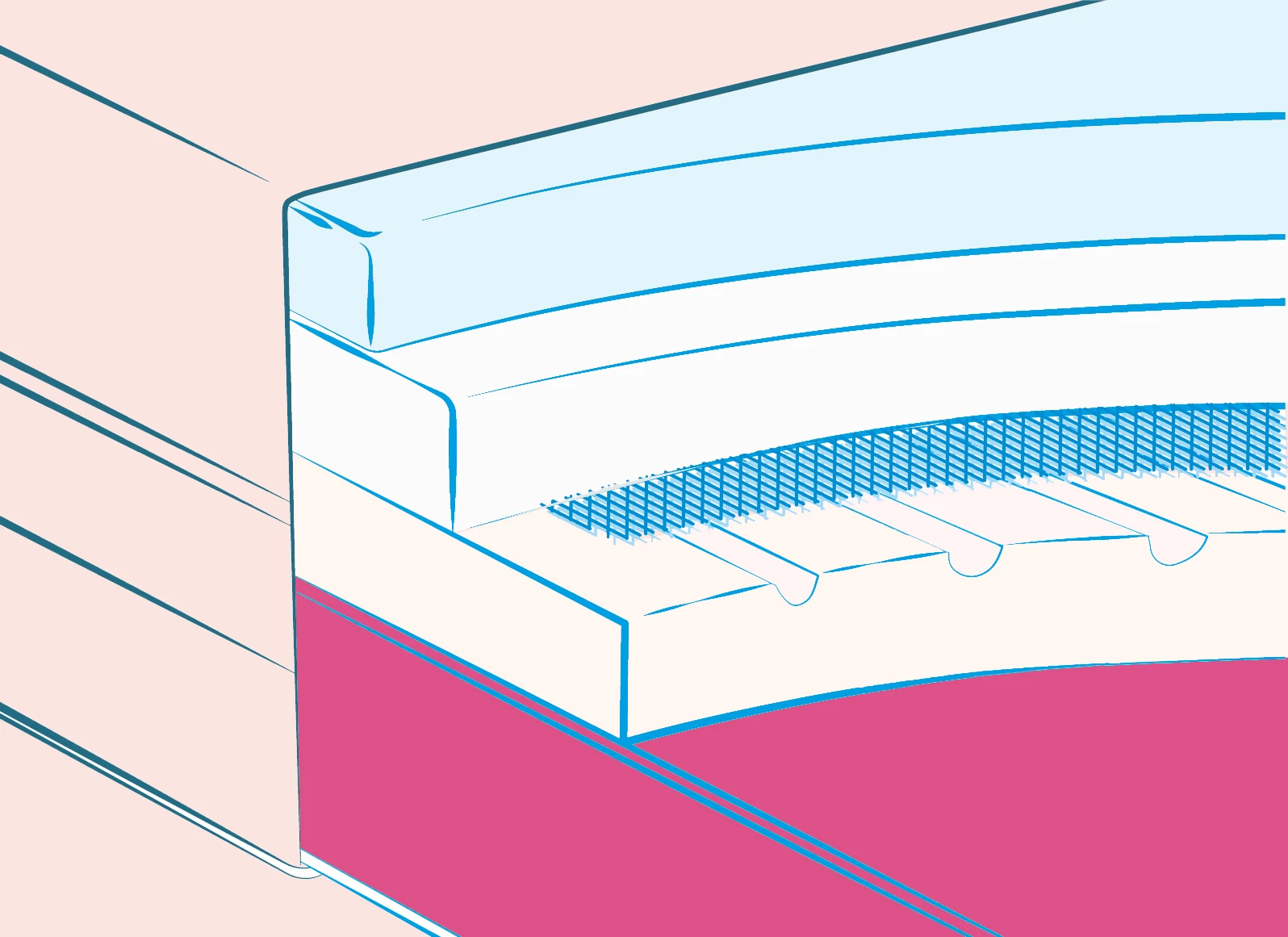To provide services at the highest level, we use cookies. Using the website requires you to choose settings related to their storage on your device. If you want to know what each type of cookie is used for, click the Details button below.
Functionality - What does it mean, and why do we love it?24 lutego 2022 |

The functionality of products and services influences consumer behavior. Customers pay attention to whether a particular product or service meets their needs and aspirations. It should be emphasized that people are not just consumers but, first and foremost, individuals with their own goals and dreams. The awareness of the functions that a particular product is supposed to fulfill in the context of "jobs to be done" also influences consumer behavior. Customers are more inclined to make a purchase when they can determine that the product is an effective tool for achieving specific goals.
The Polish Language Dictionary PWN states that functionality is related to the good performance of its role by a functional thing. This means that it has a utilitarian function and is therefore useful and practical. New definitions of functionality add that the functionality of an object or service means that it is an effective tool for achieving certain goals. For example, a functional mattress should solve users' problems and meet their needs.
Functionality means the ability of a product or service to effectively perform certain tasks or carry out specific functions. Products should be useful and effective in solving problems and satisfying the needs of consumers. Functionality is connected to the concept of "jobs to be done," according to which products or services are "hired" to perform specific tasks and activities. A functional mattress should meet several key criteria in line with the needs of a conscious consumer. It should have the appropriate dynamics, firmness, and provide spinal support while contouring the body. In addition, a functional mattress must be quiet and adequately ventilated.
A very good example of jobs to be done is a drill. Buying a drill is not about the drill itself but, for example, about creating a hole in the wall to hang a shelf. Another example is the purchase of a mattress, which serves to ensure a healthy and comfortable sleep, or the purchase of a pillow that helps maintain the correct position of the head and spine during sleep.
The conscious consumer is guided primarily by the functionality of products. This is a person who is aware of their needs, difficulties, and goals. When deciding to purchase a product or use a service, they first pay attention to whether the product or service will actually meet their expectations and whether it will be an effective tool for achieving specific goals. They also rely on knowledge about the specific functions that each product should fulfill, which is further described by the philosophy of "jobs to be done."